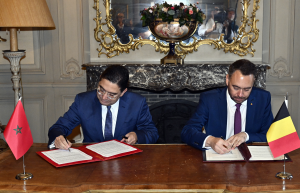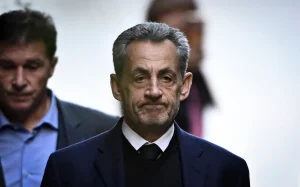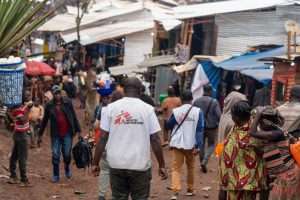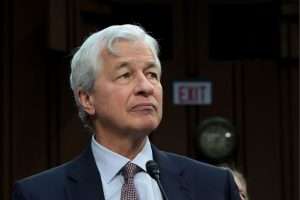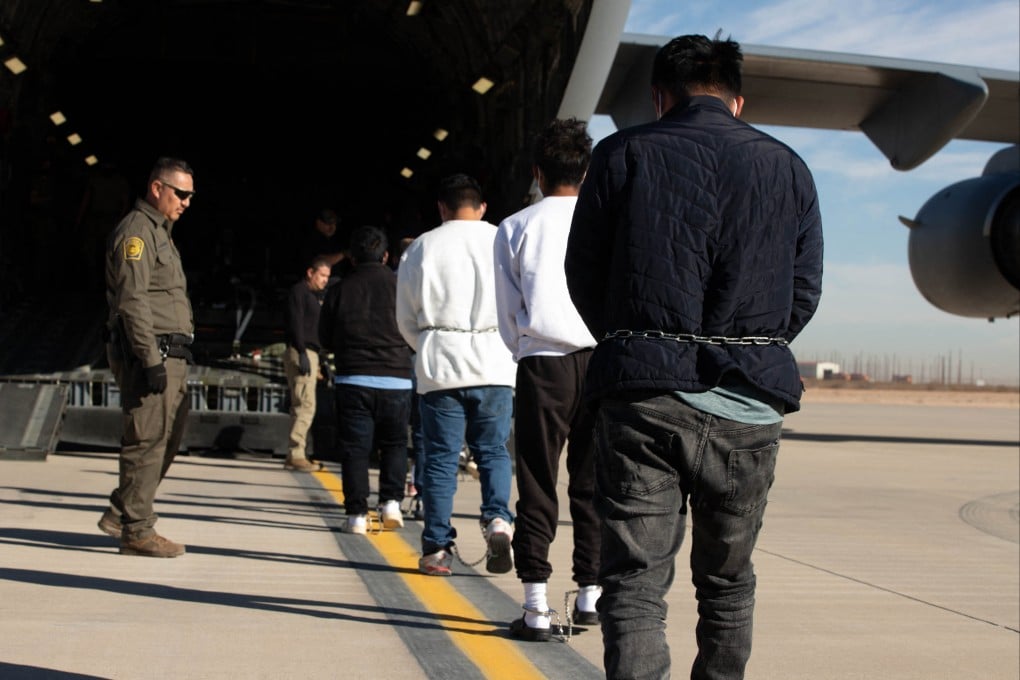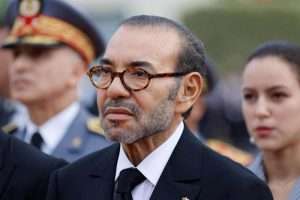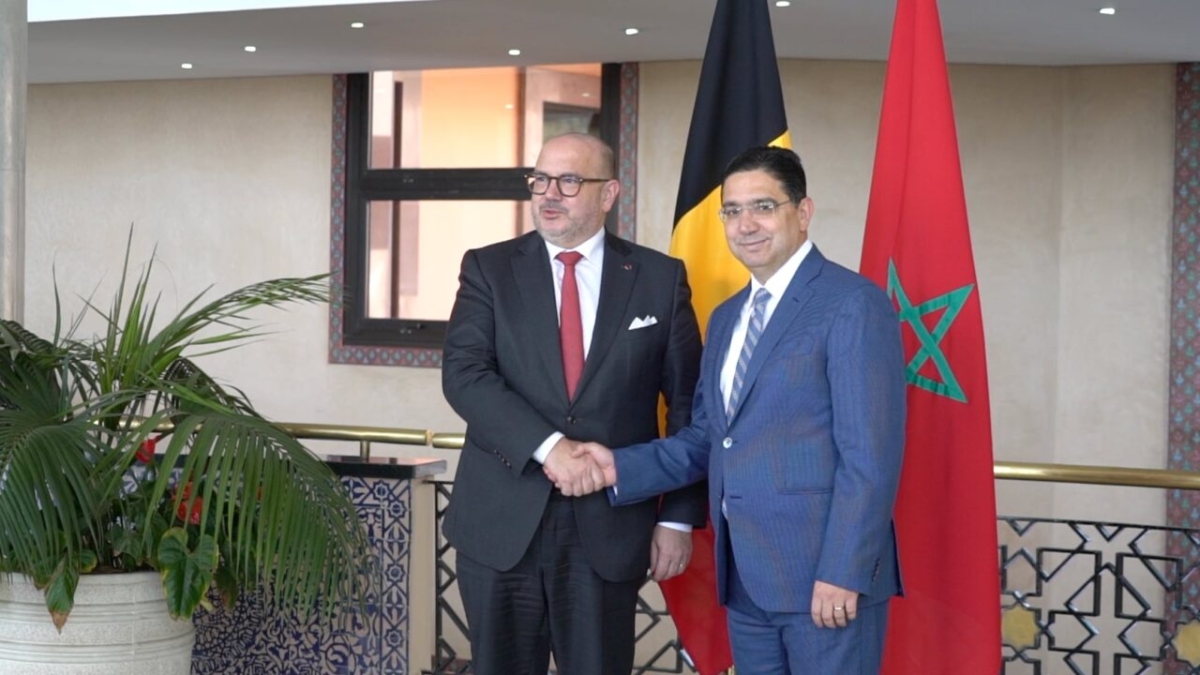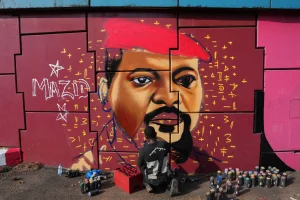Graffiti is gradually being accepted in West Africa
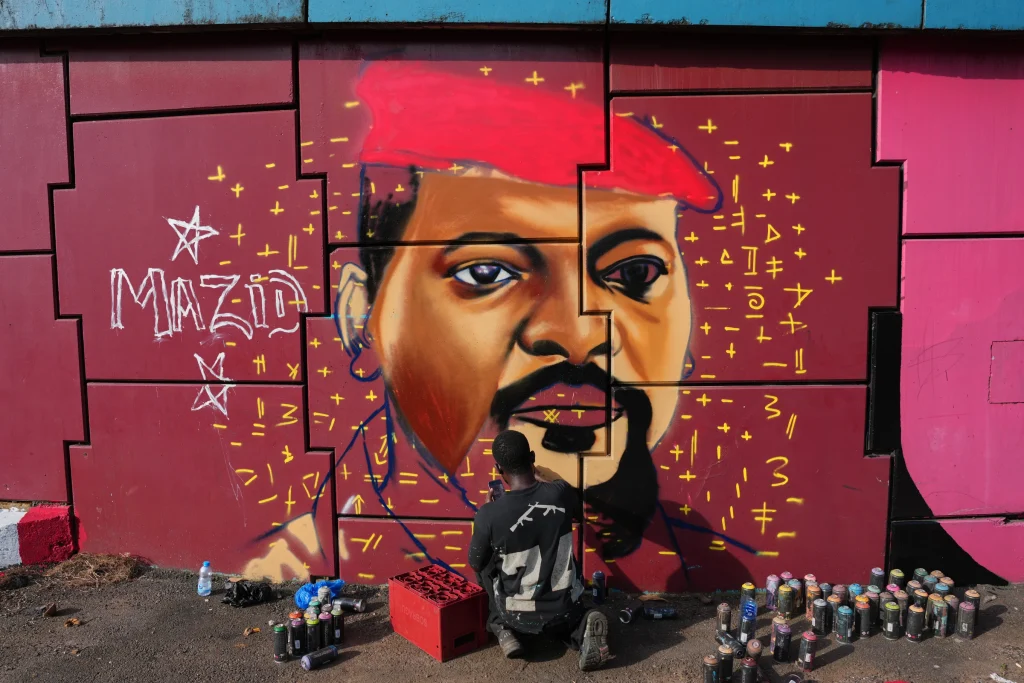
The artist from Guinea, Omar Diaw, who also goes by his artist name “Chimere”, started spray painting on a blank wall one day in the streets of Guinea.
According to AP, on October 24th, Diaw’s painting was exhibited in Senegal, where modern urban street art emerged within West Africa.
When Diaw moved to Guinea in 2018, from Senegal, he was surprised to see the streets bare and said art was non-existent. “It was thought that graffiti was vandalism,” said Diaw. To win over the public’s approval of Diaw’s graffiti, he began painting for awareness campaigns.
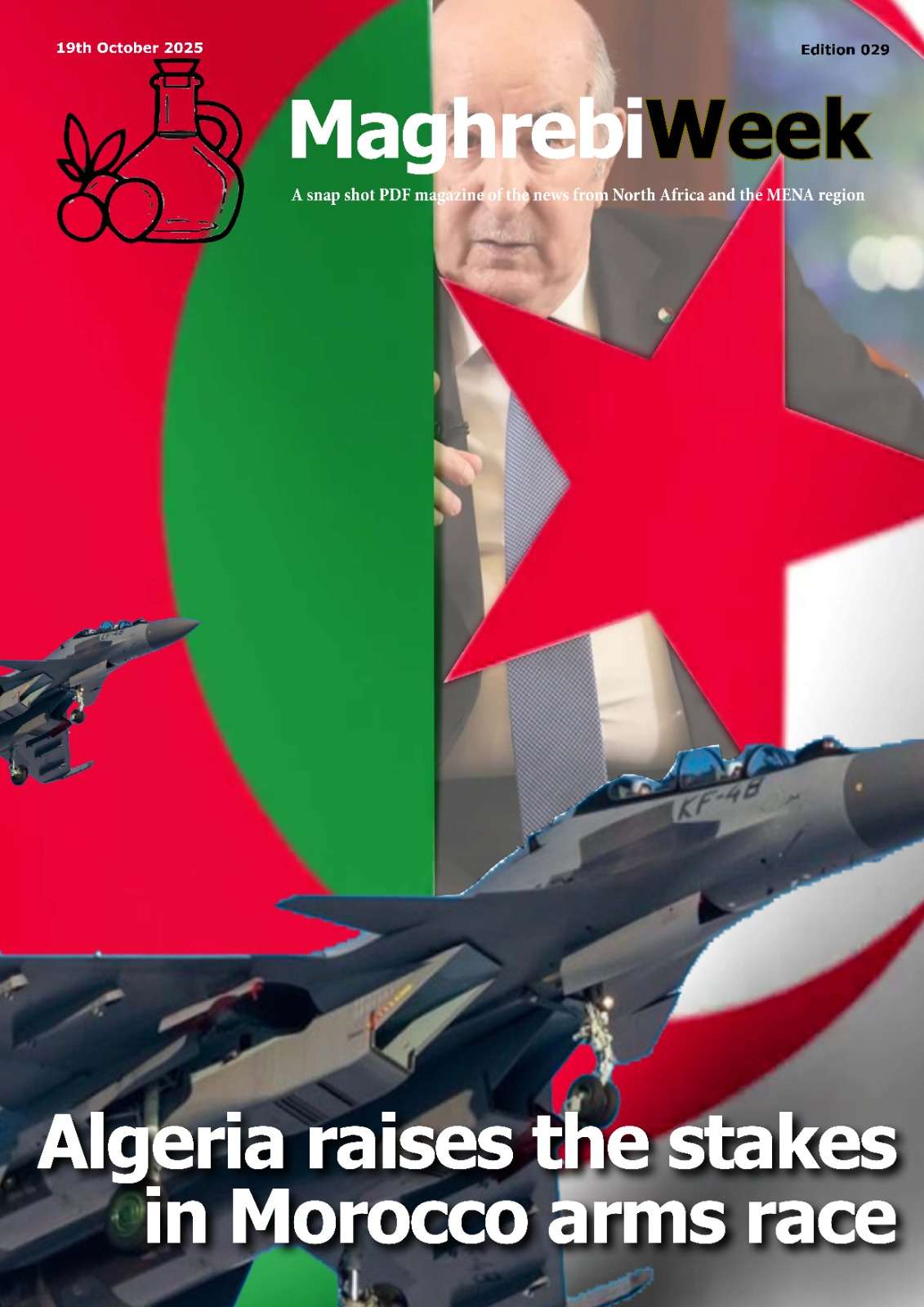
One of his first awareness campaigns focused on COVID-19 preventive measures. Once he started, he went on to paint Guinean musicians and African independence leaders.
Graffiti began in the 1960s and 70s in the United States and eventually arrived in West Africa, Dakar, Senegal, in 1988.
The region’s first graffiti artist, Amadou Lamine Ngom, began painting on city walls. Ngom also adopted the same approach as Diaw; he aimed to paint murals as part of an awareness campaign to clear Dakar’s streets.
Ngom used to do graffiti during the day; however, he soon changed his approach and started doing it at night. “I decided to do it in broad daylight, so as not to copy what’s happening in the United States, Europe, and elsewhere. To create graffiti that resembles the African reality, taking into account our reality, our values.” Said Ngom.
One of Diaw’s most recent paintings is the portrait of the Guinean military leader, Gen Mamadi Doumbouya. On September 22nd, the poles opened for Guinea’s referendum over a draft constitution that would allow the leader of the Junta to run for president.
The referendum is vital for Guinea’s move from military to civilian rule. However, critics fear that it would allow Gen Mamadi Doumbouya to seek the presidency and carry out his military rule.
Earlier in June, Doumbouya announced that the DGE, the Directorate general of elections, will be responsible for electoral fairness.
AP, Maghrebi.org
Want to chase the pulse of North Africa?
Subscribe to receive our FREE weekly PDF magazine






